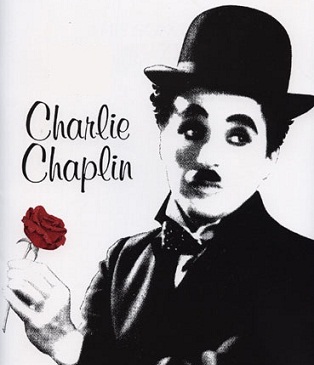when why
PERSON THING PLACE TIME REASON
Subject who/that which/that
Object who,whom, which, which/that where
that or nothing nothing
Possessive whose whose
DEFINING
Used to define who or what we are talking about. Comma are not used in definign relative clauses
Example:
Elephants who marry mice are very unusual.
Hay muchos elefantes pero solo hablamos de los que se casan con ratones, necesitamos definir de que elefantes hablamos, además decimos who y no which, porque la acción de casarse es cosa de personas.
The students who had revised hard passed the exam (only some of the students revised, and these were the ones who passed the exam)
The relative pronoun stands in place of a noun (en lugar de un nombre).
This noun usually appears earliere in the sentence (este nombre está antes en la frase)
The woman who/that spoke at the meeting was very knowledgeable
We can use that instead of who, whom (very formal), which. The first time is better use who, which, whom.
That normally follows words like something, anything, everything, nothing, all, and superlatives.
There's somthing that you should know
It was the best film that I've ever seen
The doctor whom, who, nothing, that I was hoping ti see wasn't on duty.
The relative pronoun can be omitted when it is the object of the clause (who, whom, which or that).
Si hay un nombre o pronombre después del pronombre relativo podemos omitirlo porque es el objeto de la cláusula.
The mousse that the elephant love was very beautiful. Correct
The mousse the elephant love was very beautiful. Correct, but is more common in spoke English.
The company that she works for is based in London. Correct
The company she works for is basde in London. Correct
The company that employs her is based in London. Correct
The company employs her is based in London. Incorrect, because The company is a subject pronoun and I need that.
Whose (cuyo/a, cuyos/as..) is used for things as well as for people. Possessive
The man whose car was stolen is from Russia
A tree whose leaves have fallen looks very different
NON-DEFINING
These clause add more information. This extra information is put between commas and does not explain who or what we are talking about.
We can not use That instead of who, which in non- defining clauses.
We can use, some, none, all and many with "of which" and "whom" to add extra information.
In non-defining relative clauses, object pronoun must be used
Lucy, who I haven't seen for ages, rang me last night.
SUBJECT OR OBJECT?
If the relative pronoun is followed by a verb, the relative pronoun is a subject pronoun. Subject pronouns must always be used.
the apple which is lying on the table. WHICH+ VERB= SUBJECT PRONOUN
the apple (which) George lay on the table. WHICH+NOUN/PRONOUN= OBJECT PRONOUN
EXAMPLES
My students, many of whom are from Europe, are learning English to get a better job
My students, who are all adults, are learning English to get a better job.
My students, who had revise hard, passed the exam(all the students revised and they all passed it)
EXERCISE
Relative clauses - defining or non-defining?
Study the situations and then decide whether the following relative clauses are defining or non-defining.
defining – no commas
non-defining – commas
non-defining – commas
- I have three brothers.
- I have one sister.
- Bob's mum has lost her keys.
- My friend Jane moved to Canada.
- I am a shoe fanatic.
- Mr Robinson is very famous.
- Tamara has two cats. Both of them are black.
- Kevin has four cats. Two of them are black.
- We are on holiday. Yesterday we visited a church.
- We are on holiday. Yesterday we visited a church.









